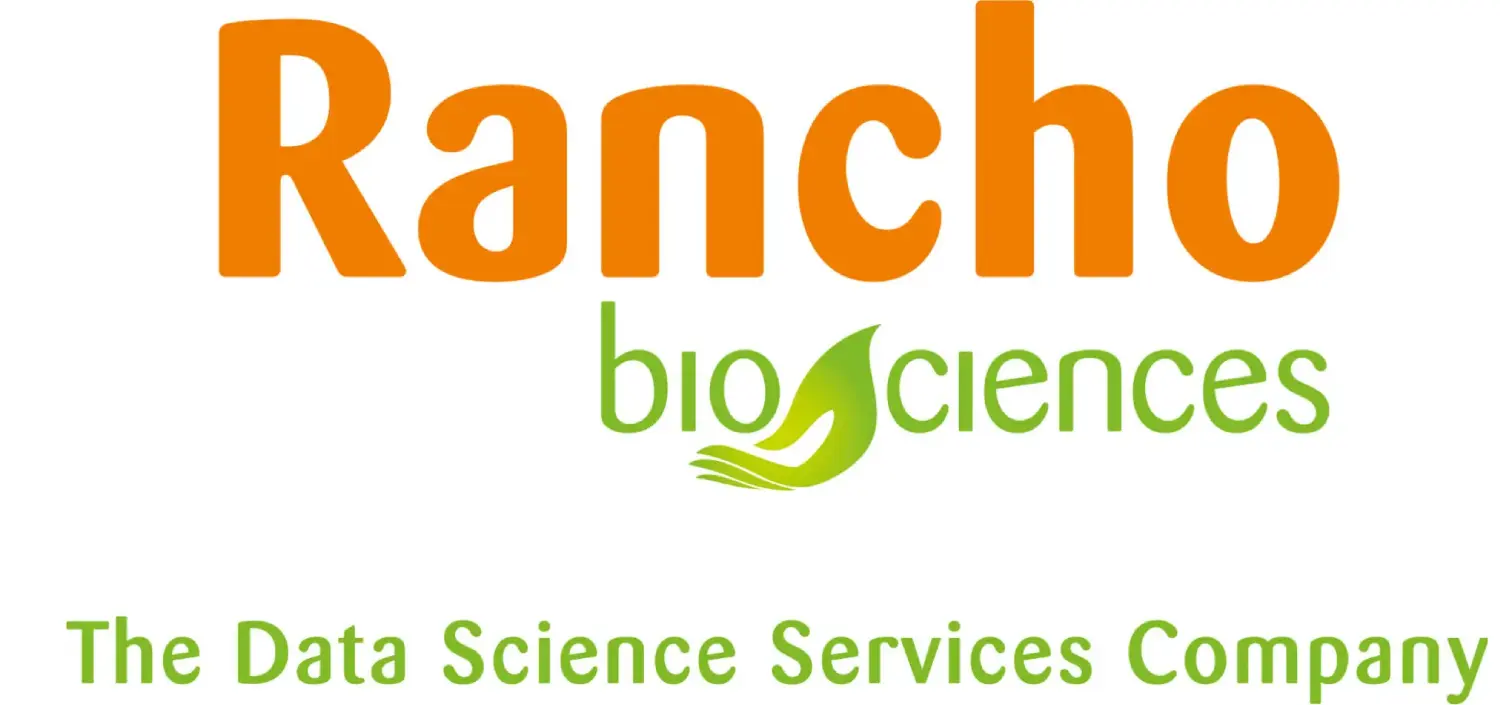Streamlining Research: The Power of CDISC in Data Standardization
In the ever-evolving landscape of clinical research, maintaining data integrity and interoperability is paramount. Clinical research is a complex and costly process that involves collecting, analyzing, and reporting data from various sources and stakeholders. To ensure the quality, reliability, and usability of clinical data, it’s essential to follow standards and guidelines that can facilitate data exchange, integration, and interpretation.
The Clinical Data Interchange Standards Consortium (CDISC) plays a pivotal role in achieving these objectives. CDISC is a global nonprofit and multidisciplinary community that collaborates with regulators, industry, academia, and patients to create and maintain data standards that support medical research and product development. Keep reading to learn about the diverse benefits of CDISC standards and how they contribute to data harmony and streamline the research process.
CDISC Standards Explained
CDISC standards are a set of rules and specifications that define how to structure, format, and label clinical data and metadata. CDISC standards cover the entire clinical research life cycle, from protocol design and data collection to data analysis and submission. CDISC standards can be grouped into two categories: content standards and data exchange standards.
Content standards define what data elements are required or recommended for a given domain or purpose. For example, content standards may specify what variables and values should be included in an adverse events dataset or a clinical trial registry.
Data exchange standards define how to represent and transfer data and metadata in a consistent and interoperable way. For example, data exchange standards may specify how to use XML or JSON to encode and exchange data and metadata.
Some of the most widely used CDISC standards are:
- Protocol Representation Model (PRM) – Defines the elements and structure of a clinical trial protocol
- Clinical Data Acquisition Standards Harmonization (CDASH) – Defines the best practices for collecting and organizing clinical data on case report forms (CRFs)
- Study Data Tabulation Model (SDTM) – Defines the structure and format of clinical data for submission to regulatory agencies
- Analysis Data Model (ADaM) – Defines the structure and format of analysis-ready clinical data for statistical analysis and reporting
- Define-XML – Defines the metadata and documentation of clinical data and analysis datasets in XML format
- Operational Data Model (ODM) – Defines the structure and format of clinical data and metadata for data exchange and integration
The Benefits of CDISC Standards
CDISC standards can bring a variety of benefits to your clinical research, such as:
- Ensuring consistency in data collection – CDISC standards provide a common language for data collection, ensuring information is consistently captured across different studies. This standardization enhances data quality and reduces the likelihood of errors, creating a more robust foundation for research outcomes.
- Facilitating interoperability– Interoperability is a key challenge in the realm of clinical research. CDISC standards act as a bridge, enabling interoperability among different systems and stakeholders. This not only expedites data exchange but also facilitates collaborative efforts in multi-center trials.
- Accelerating time to insight – CDISC standards streamline the integration of diverse data sources, eliminating the need for time-consuming data mapping and transformation. This efficiency accelerates the time to insight, allowing researchers, such as those who rely on NGS data analysis, to focus more on analysis and interpretation, ultimately expediting the entire research process.
- Enhancing regulatory compliance – Compliance with regulatory requirements is a critical aspect of clinical research. CDISC standards provide a framework that aligns with regulatory expectations, making it easier for researchers to meet compliance standards. This not only ensures the credibility of the research but also expedites the approval process.
- Improving collaboration and communication – In a collaborative research environment where multiple stakeholders are involved, effective communication is paramount. CDISC standards facilitate clear communication by providing a standardized format for data exchange. This not only fosters collaboration but also minimizes misunderstandings and discrepancies.
- Enabling reusability of data – CDISC standards promote the creation of reusable datasets. Researchers can leverage existing standards, making it easier to share data across studies. This not only saves time but also encourages a more sustainable and cost-effective approach to data management.
- Enhancing data quality and confidence – One of the challenges in data management is ambiguity in data interpretation. CDISC standards address this issue by defining clear data structures and variables. This reduces the chances of misinterpretation, enhancing the overall quality and reliability of the data.
- Improving traceability – CDISC standards enhance traceability by providing a clear lineage of data from its origin to the final analysis. This transparency not only instills confidence in the research findings but also aids in auditing processes, contributing to the overall credibility of the research.
In the dynamic landscape of clinical research, where data is both the backbone and the driving force, CDISC standards emerge as a guiding light. The benefits of CDISC extend beyond mere data standardization—they pave the way for efficient collaboration, faster insights, and enhanced data quality. As the research community continues to harness the power of CDISC curation, the journey toward unlocking the full potential of research data becomes more promising than ever.
Rancho Biosciences has vast experience in helping clients manage their life sciences data, such as building data models for clinical and genomic data, developing data governance guidelines, and application of industry-standard ontologies and standards, including CDISC for various data types. At Rancho Biosciences, our mission in data management is about more than just navigating the complexities of data. It’s about empowering our clients to realize their goals in the life sciences sector. Rancho BioSciences can help you with all your data management and analysis needs. We are a data science services company that can provide you with expert biotech data solutions, bioinformatics services, data curation, AI/ML, and more. Don’t hesitate to reach out to us today to learn how we can help you save lives through data.
